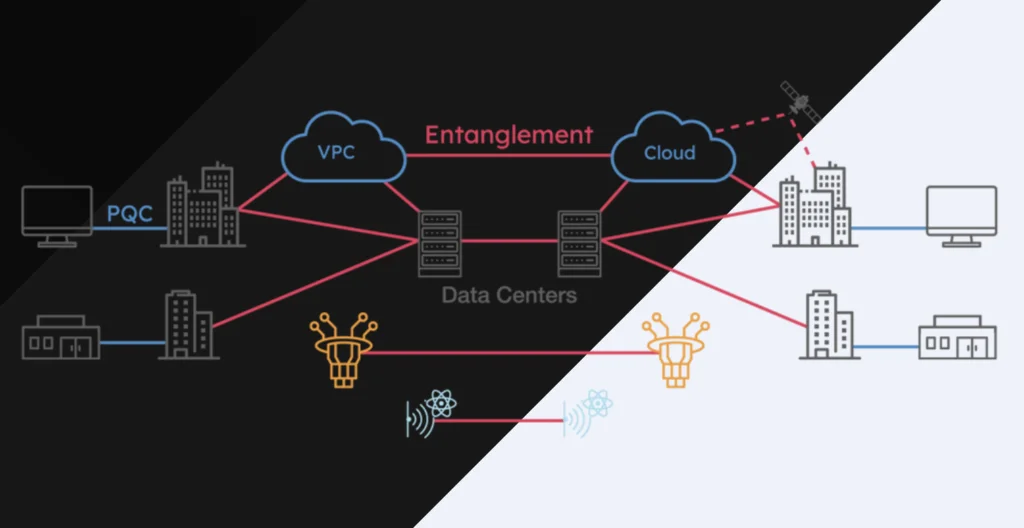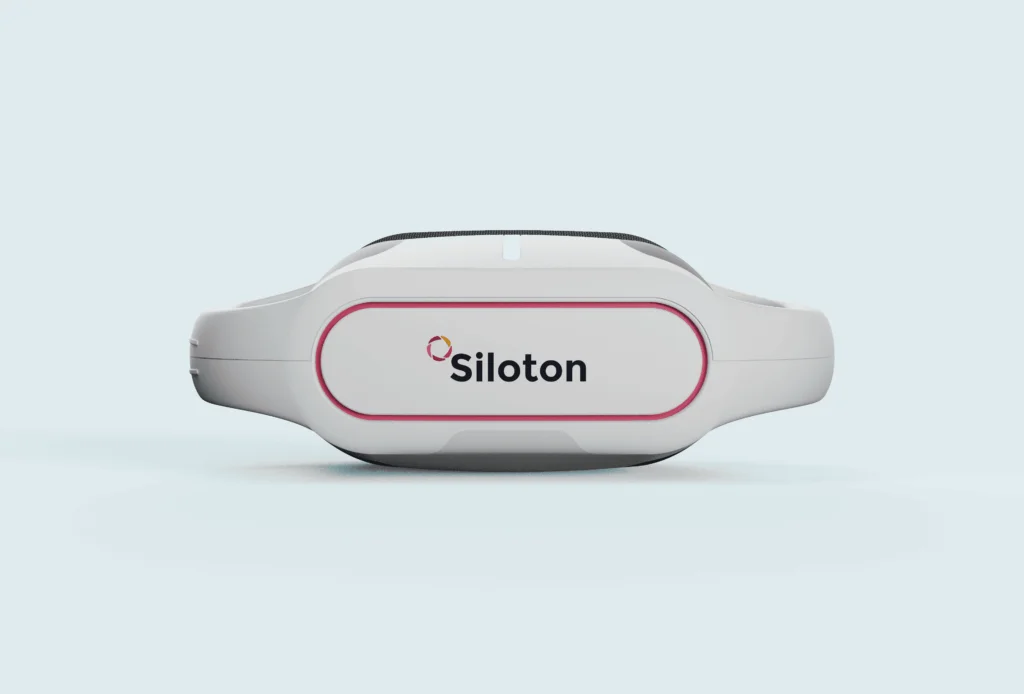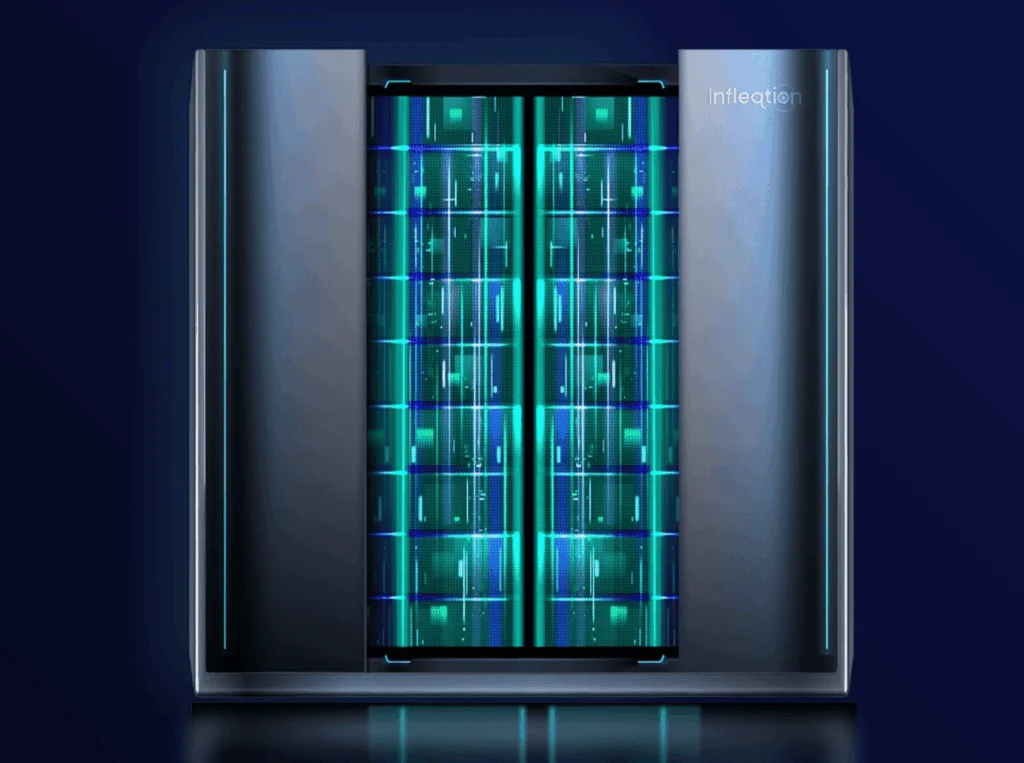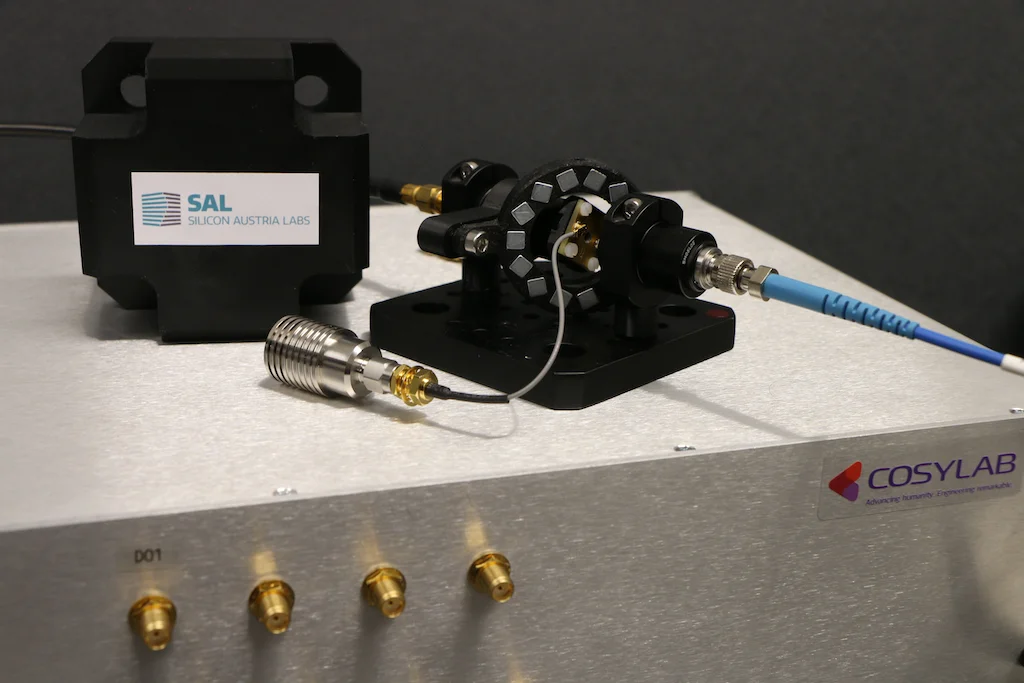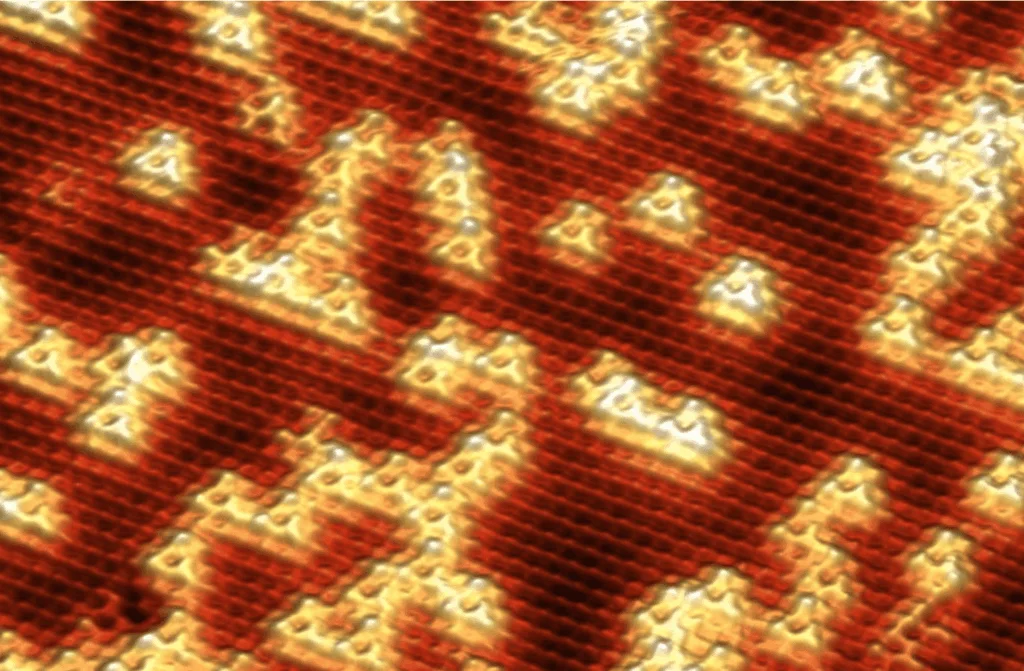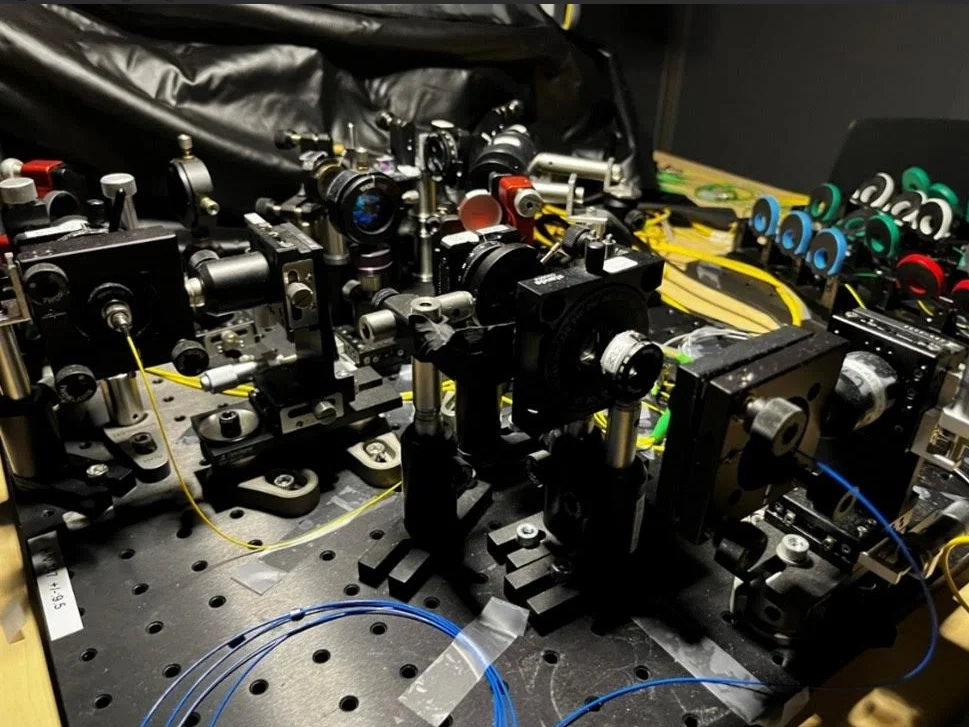Insider Brief
- In an interview with Chicago, Preeti Chalsani discusses the Illinois Quantum and Microelectronics Park and its potential to retain local STEM talent, involve the community and drive innovation akin to Silicon Valley’s early days.
- Illinois is investing $500 million in the Illinois Quantum and Microelectronics Park, aiming to establish Chicago as a global hub for quantum technology.
- The park, anchored by startup PsiQuantum, will focus on developing fault-tolerant quantum computers and fostering commercial applications like advanced sensors and secure communications.
Illinois is making a $500 million bet on quantum technology with the construction of the Illinois Quantum and Microelectronics Park (IQMP) on Chicago’s South Side — and the potential rewards are worth the investment, Preeti Chalsani, business development lead for the IQMP and chief quantum officer for Intersect Illinois, told Chicago in a recent interview.
The 128-acre campus, set to open partially by the end of 2026, will be located at the former U.S. Steel South Works site. It aims to attract quantum developers, researchers, suppliers and others in a bid to cement Illinois as a global hub for quantum technology. Its anchor tenant, PsiQuantum, is tasked with building the first “useful” fault-tolerant quantum computer.
Chalsani discussed the state’s ambitious plans, the potential of quantum technology and its impact of this project on the community — and its potential world-changing possibilities.

What Is Quantum Technology?
In simple terms, quantum technology leverages the principles of quantum mechanics—physics that governs the behavior of atoms and subatomic particles. Unlike today’s computers, which rely on binary bits (1s and 0s), quantum computers use quantum bits, or qubits, which can exist in multiple states simultaneously.
This unique property, known as superposition, allows quantum computers to solve problems exponentially faster than classical computers in areas such as drug discovery, materials science, and cryptography.
“It allows us to do things we cannot currently do,” Chalsani said in the interview. “The computing we do now takes a lot of resources, a lot of time, and a lot of processing power — and doesn’t give you an exact answer. It’s an approximation. Quantum computers can give you answers faster that are more accurate. We will be able to find new materials, discover new drugs, and design things more accurately.”
However, quantum technology extends beyond computing. Chalsani mentioned other applications, including highly sensitive quantum sensors and secure quantum communication technologies.
Illinois as a Quantum Hub
Illinois is one of a handful of emerging quantum hubs, competing with regions like Silicon Valley and Boston. Chalsani told Chicago that the state is well-positioned to lead in the quantum race, citing the presence of institutions such as the University of Illinois, University of Chicago, Argonne National Laboratory, and Fermi National Accelerator Laboratory.
“The number of STEM graduates we produce here is the third most in the country,” she said. “Microsoft hires more people from University of Illinois than any other school. I love stats like that. ”
Chalsani acknowledged the challenge of retaining this talent, much of which traditionally leaves the area.
“The trick is, many of those people go to the coasts and create value there, and we’re hoping that changes,” she added.
The IQMP is part of a broader strategy to change that dynamic by creating high-tech job opportunities and fostering a local quantum ecosystem.
Why Fault-Tolerant Quantum Computers Matter
The IQMP promises to host the development of the world’s first fault-tolerant quantum computers, a critical milestone in quantum computing. Unlike today’s noisy, error-prone quantum machines, fault-tolerant systems are designed to maintain stability and accuracy even as they scale.
Quantum computers are very sensitive, Chalsani said, adding: “If there’s slight changes in the environment, they can lose the information they’re storing. We’re doing a lot of engineering so quantum computers can maintain the information they’re storing.”
The Defense Advanced Research Projects Agency (DARPA) has partnered with the IQMP to support this work as part of its Quantum Benchmarking Initiative.
Community Impact
Community groups have signaled they are wary of the project. Chalsani said that the park’s development will bring tangible benefits to the surrounding community. In her view, quantum technology should not remain confined to academia and high-tech labs.
“This is going to be a field that will require expertise from lawyers, HR professionals, people doing communications,” she told Chicago. “There’s a lot of work being done with K–12 education and community colleges to make sure we have the workforce we will need in the future.”
For local businesses, the park represents a chance to thrive alongside the growing industry. “If you have a bakery in this neighborhood, I hope you’re excited because we want to develop this area, and we want to make sure your business flourishes,” Chalsani said.
Looking to the Future
Chalsani said she was excited about the potential for the breakthroughs that quantum technology could deliver over the next 25 years. From new battery materials to advanced medical imaging and carbon capture technologies, the possibilities are vast.
“This is a really tough engineering challenge, and we have a lot of smart people working on it,” she told Chicago. “I’m excited at the idea of us having an ecosystem here of putting minds together and coming up with things we hadn’t imagined.”
Chalsani likened the moment to the early days of Silicon Valley in the 1970s, a time of boundless innovation. “Now they’re working on quantum things, but going forward, it may be inventing other new fields, and who knows what they will come up with.”








